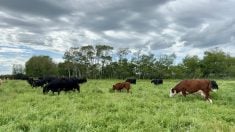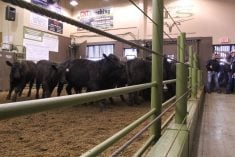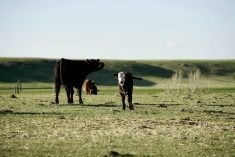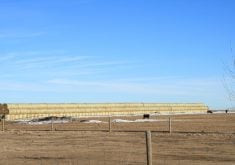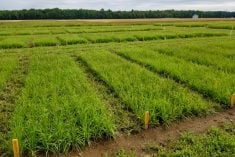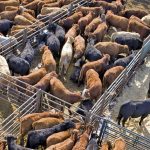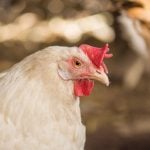In the cattle industry, every dollar counts. With fluctuating markets and rising costs, producers must constantly evaluate their nutritional, management and operational strategies to maximize efficiency. Each decision made on the farm has significant implications, making it crucial to weigh the pros and cons carefully. When the road to higher productivity seems unclear, industry benchmarks can serve as a valuable guide.
Benchmarking involves analyzing operational strategies and practices used to produce beef cattle. It provides critical insights into current methods, offering producers a platform to compare their operations with industry averages. Beyond comparisons, benchmarking highlights challenges within the industry, helping to direct research and outreach efforts. This, in turn, equips producers with the tools to make informed decisions and discover innovative practices to improve productivity.
Recent benchmarking initiatives in the Canadian cow-calf sector, such as the Canadian Cow-Calf Survey (BCRC, 2024) and the Canadian Cow-Calf Health and Productivity Enhancement Network (C3H/PEN, 2024), have yielded valuable information about herd productivity, health, nutrition, welfare and biosecurity practices. These surveys provide a clear picture of the industry’s practices and performance measures, pinpointing areas where research can drive meaningful improvements.
Read Also
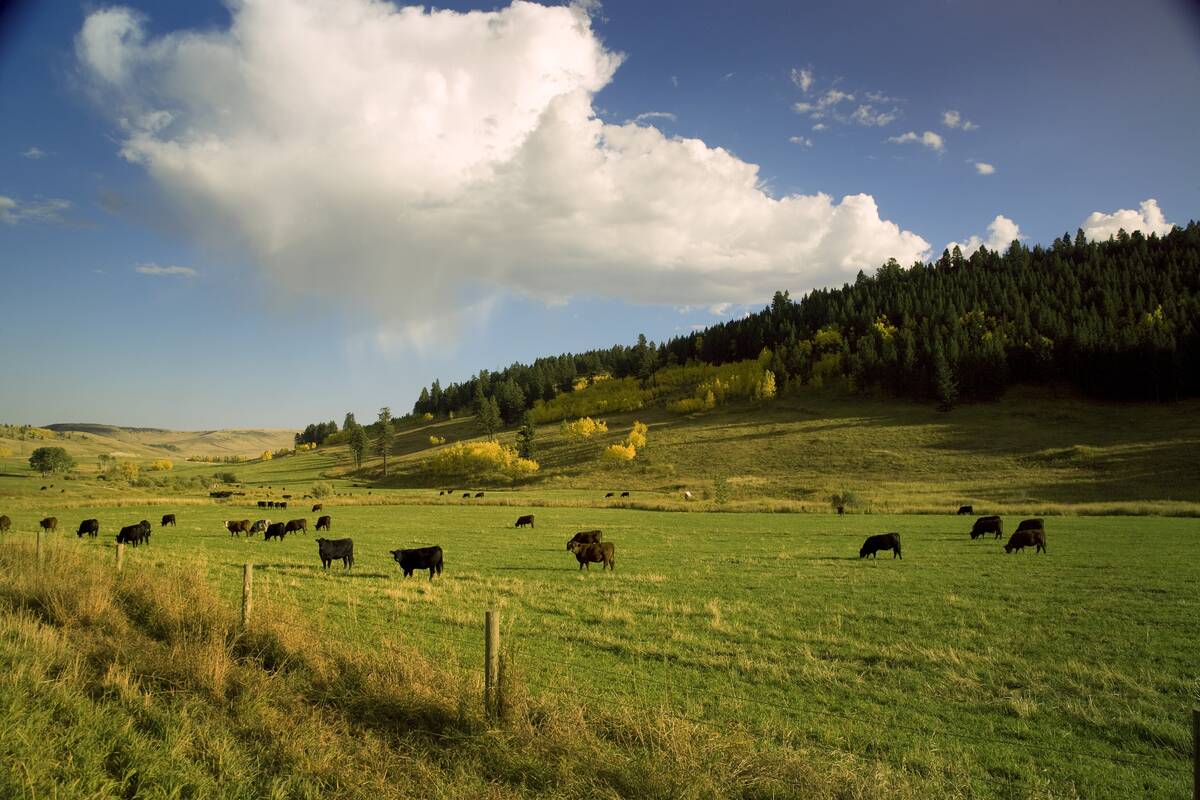
The Canadian Cattle Association’s international advocacy efforts
Global ag policies affect Canadian food policy, so the Canadian Cattle Association participates in international and domestic forums
For instance, a 2017 survey revealed strategies for resuscitating unresponsive newborn calves, leading to targeted outreach initiatives. These efforts improved survival rates by reducing the use of ineffective practices and promoting better techniques. Similarly, surveys have encouraged better nutritional practices, with more producers conducting feed analyses to develop cost-effective, nutritionally sound rations.
While benchmarking has proven beneficial in the cow-calf sector, the feedlot industry in Canada lacks comparable data. In contrast, the feedlot sectors in the United States and Brazil have leveraged nutritional and management surveys to drive production improvements. Recognizing this gap, a new collaborative effort led by the Universities of Saskatchewan, Guelph and Manitoba, alongside Agriculture and Agri-Food Canada, aims to benchmark production and management practices in Canada’s backgrounding and finishing feedlot sectors.
This national survey seeks to identify common practices in nutrition, feeding, cattle management and health within Canadian feedlots. By analyzing these benchmarks, producers can uncover opportunities to enhance efficiency in their operations. Additionally, the insights gained will guide research and extension activities to address areas of highest value for the feedlot industry.
The benefits of benchmarking are clear. Lessons learned from the cow-calf sector demonstrate how these efforts can drive meaningful improvements. A stronger, more efficient feedlot sector will enhance the sustainability of Canadian beef production, ensuring the industry continues to meet the demands of both domestic and international consumers.
The Canadian Feedlot Survey is currently underway and open to all sizes of backgrounding and finishing operations. Your participation is critical to establishing a national benchmark for feedlot practices. As a participant, you’ll receive a personalized report comparing your operation’s practices to the Canadian benchmark — an invaluable resource for identifying areas of improvement.
To participate, visit the survey online at research-groups.usask.ca/feedlotbenchmark. Together, we can strengthen the Canadian beef industry.
References





